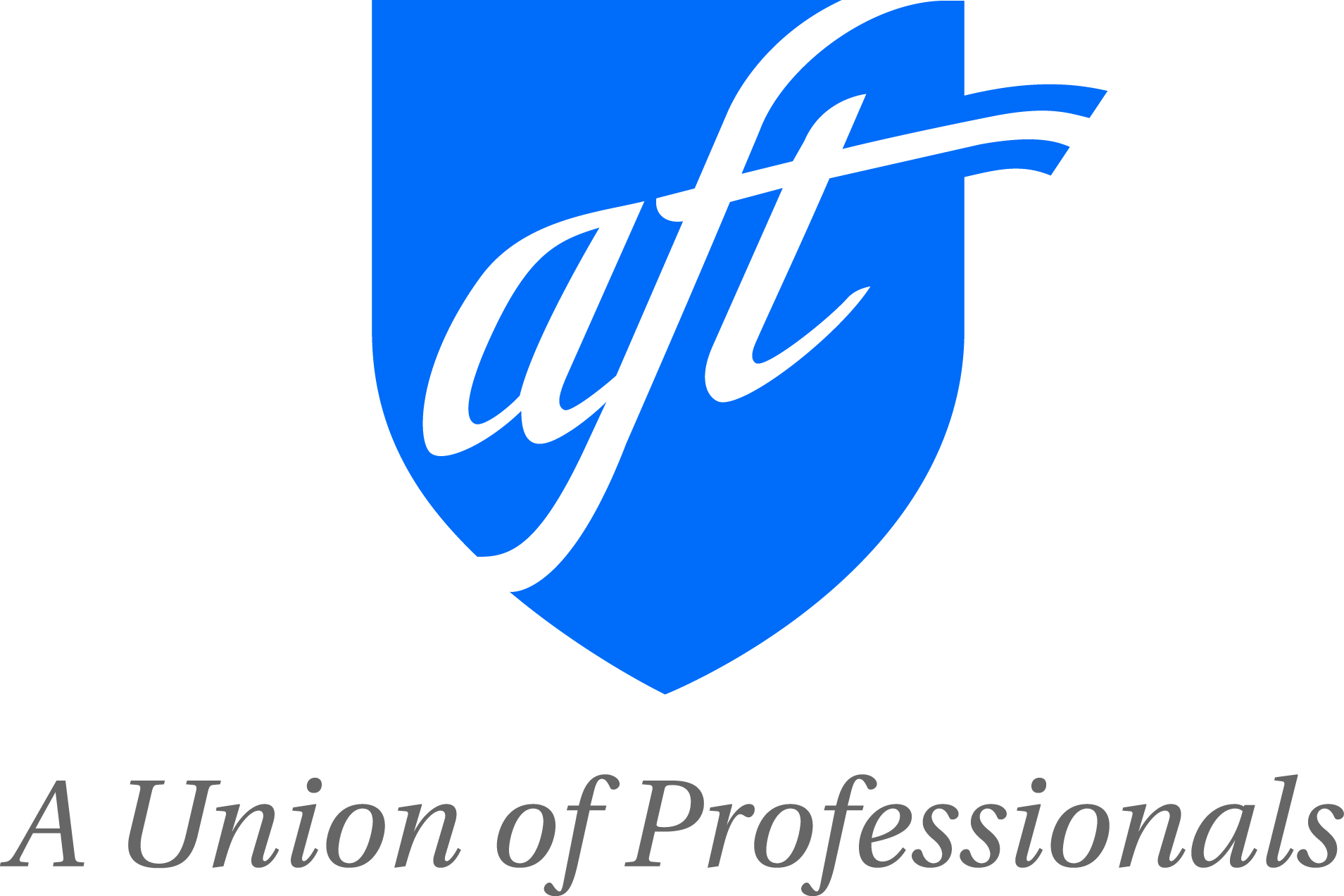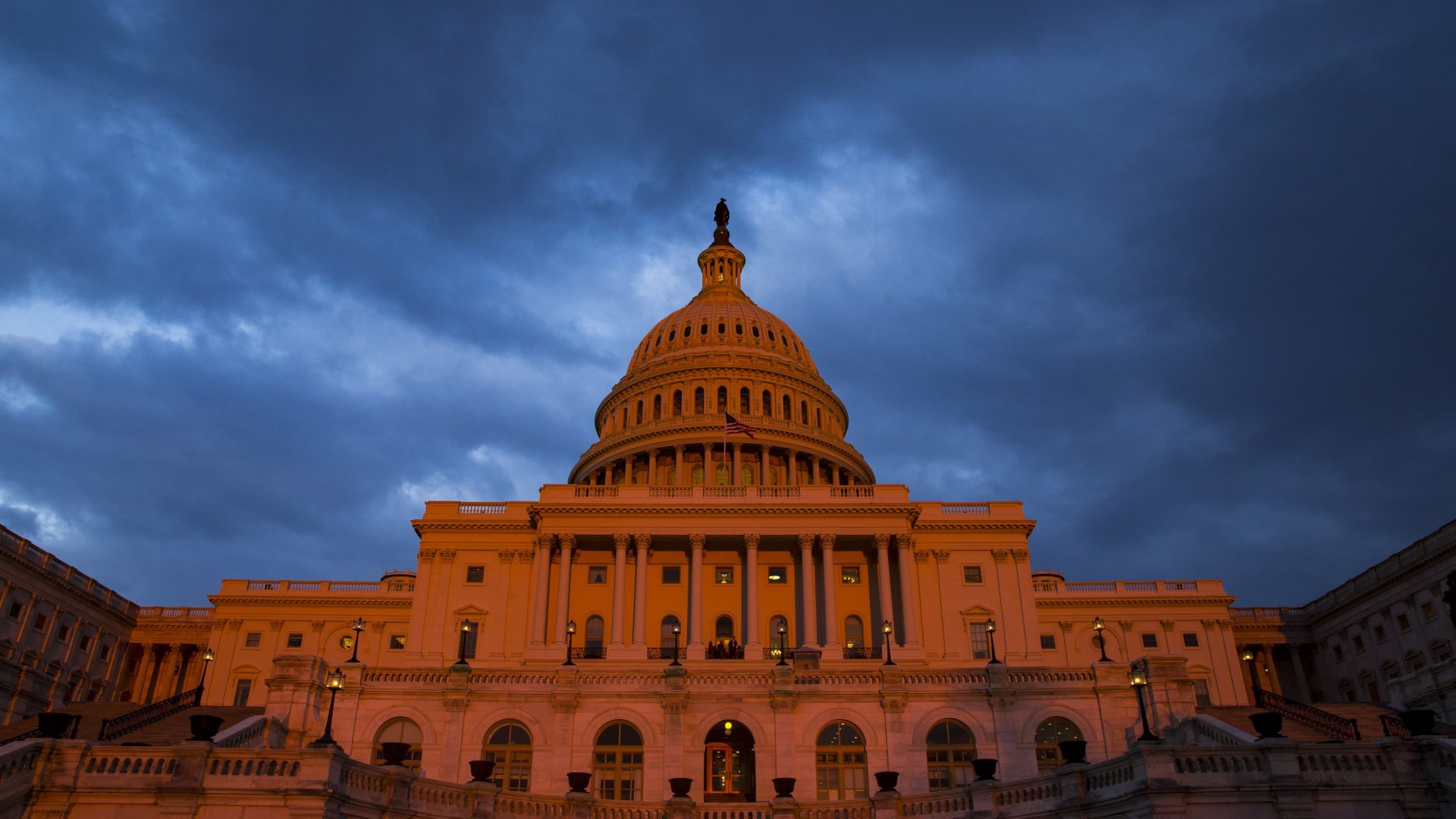
The phrase “deep state” originally comes from Turkey, where a “deep state” run by the military and security services allowed democratic politics to operate within prescribed bounds — but no further. The real government wasn’t the president or prime minister of the day but this “deep state.” It was autonomous and dominant and self-perpetuating.
In the first weeks of the Trump administration this phrase was taken up by the President and his entourage and applied to the U.S. Over three years it has become the catch-all term for unnamed enemies of the President plotting against him from within the federal bureaucracy.
And so it was this phrase, migrated and domesticated in the U.S., that we took up to describe one of the key features of American government in the late 20th and early 21st century — what we’ve called the “Conservative Deep State.” Here there are no shadowy forces or conspiratorial theories. It’s all more or less open. And in a series of investigative articles, starting today and continuing over the next two weeks, we hope to illustrate key parts of it.
We are talking about a dense network of right-wing lobbies, pressure groups, nurseries of political talent and prefab legislation, well-funded organizations usually operating at the state level which collectively create a strong rightward tilt in American governance. Elections remain critical. But they are contests on playing fields that are staked out, tilted and furrowed by organizing and money between elections.
Why is it, as parties frequently exchange the presidency and control of Congress, that state laws and regulations on everything from consumer protection to labor rights to voting seem to tilt steadily to the right? Why are Republicans so successful at gerrymandering and holding state legislative chambers?
The answer is this deep network. And you already know some of the names: The Koch Network, The American Legislative Exchange Council, The Federalist Society. Many others operate just as effectively, just below the radar.
There are certainly center-left analogs to all these groups, but none have managed to recreate the same levels of organization, funding or success that the Conservative Deep State enjoys today.
Earlier this year we decided to publish a series on this topic — to commission a series of originally reported pieces on particular parts of the Conservative Deep State, how it functions, what it does, how it not only wins elections and helps pass laws but creates a right-wing ballast anchoring national and, even more, state and local politics on the right, even as public opinion on many issues shifts in the opposite direction.
We are very pleased to share with you that the American Federation of Teachers provided sponsorship funding, without which this series would not have been possible. As always, the content of the series is entirely independent, the work solely of the TPM editorial team and freelance reporters commissioned by TPM. We hope you find the series illuminating, enlightening and a spur to deeper participation in American politics.
Josh Marshall is the editor and publisher of Talking Points Memo.
Image at top: Samuel Corum/Anadolu Agency/Getty Images
Made possible by


